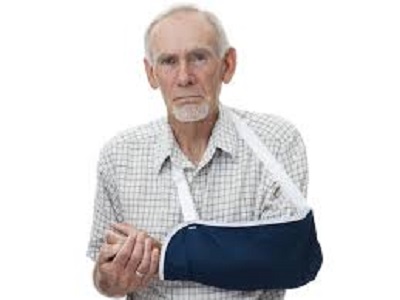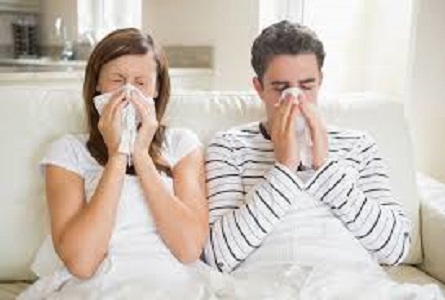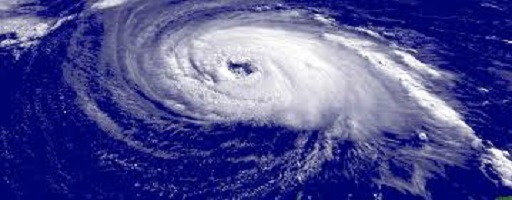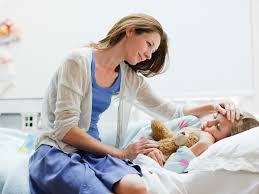
Falls are serious at any age, and breaking a bone after a fall becomes more likely as a person ages. Many of us know someone who has fallen and broken a bone. While healing, the fracture limits the person’s activities and sometimes requires surgery. Often, the person wears a heavy cast to support the broken bone and needs physical therapy to resume normal activities.
Even though bones do not break after every fall, the person who has fallen and broken a bone nearly always becomes fearful of falling again. As a result, she or he may limit activities for the sake of “safety.” Among Americans age 65 and older, fall-related injuries are the leading cause of accidental death.
Several factors can lead to a fall. Loss of footing or traction is a common cause of falls. Loss of footing occurs when there is less than total contact between one’s foot and the ground or floor. Loss of traction occurs when one’s feet slip on wet or slippery ground or floor. Other examples of loss of traction include tripping, especially over uneven surfaces such as sidewalks, curbs, or floor elevations that result from carpeting, risers, or scatter rugs. Loss of footing also happens from using household items intended for other purposes – for example, climbing on kitchen chairs or balancing on boxes or books to increase height.
A fall may occur because a person’s reflexes have changed. As people age, reflexes slow down. Reflexes are automatic responses to stimuli in the environment. Examples of reflexes include quickly slamming on the car brakes when a child runs into the street or quickly moving out of the way when something accidentally falls. Aging slows a person’s reaction time and makes it harder to regain one’s balance following a sudden movement or shift of body weight
We at On Call Medical Clinic are glad to share this information with you from the National Institute of Arthritis and Musculoskeletal and Skin Diseases website. We at On Call Medical Clinic are here to help if you break a bone. Our trained staff and facility are prepared to handle most broken bones and help you to a quick recovery. Please call us at 228 818-5155 if you fear you have broken a bone and need immediate help. Also please visit our website at www.oncallmedical.com to learn more about all the medical services we offer.
.



